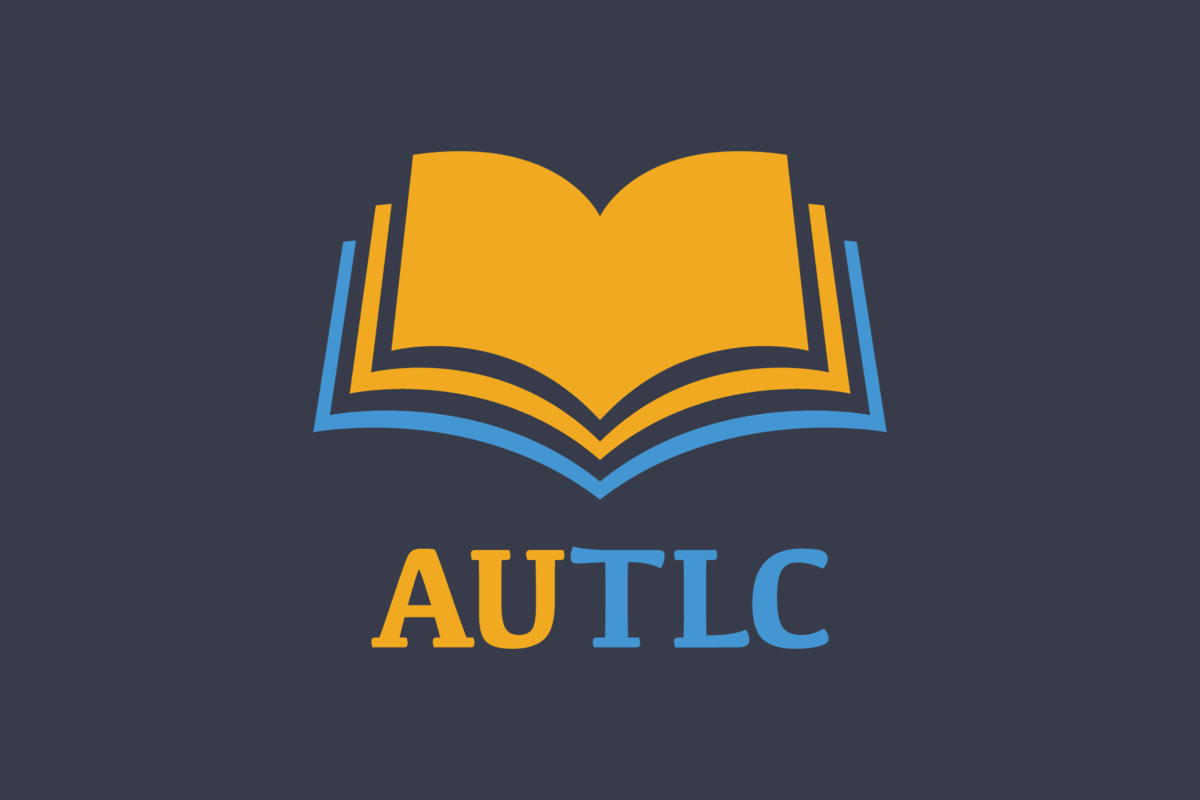Mindset, Academic Motivation, and Academic Self-Efficacy as Correlates of Academic Achievement Among Undergraduate Students in Communication Sciences and Disorders Programs
Location
Bell Hall, Rm 180
Start Date
29-3-2018 2:30 PM
End Date
29-3-2018 3:20 PM
Proposal for Presentation
Higher education serves many stakeholders including students, parents, faculty, staff, university administrators, and other contributors. Those stakeholders are all linked with one purpose: the success of the student. That success or failure is most commonly measured by achievement through grade point average (GPA). The academic demands within the college/university setting is high. Limited academic achievement can result in academic failure, being placed on academic probation, and even losing scholarships and grants. Students enter higher education, progress through college, and often graduate without having a real understanding for both what it takes to be academically successful and what factors may contribute to that success. The session will discuss the study that examined the extent to which types of mindset, academic motivation, and academic self-efficacy correlated with academic achievement among undergraduate communication sciences and disorders students.
Mindset, Academic Motivation, and Academic Self-Efficacy as Correlates of Academic Achievement Among Undergraduate Students in Communication Sciences and Disorders Programs
Bell Hall, Rm 180
Higher education serves many stakeholders including students, parents, faculty, staff, university administrators, and other contributors. Those stakeholders are all linked with one purpose: the success of the student. That success or failure is most commonly measured by achievement through grade point average (GPA). The academic demands within the college/university setting is high. Limited academic achievement can result in academic failure, being placed on academic probation, and even losing scholarships and grants. Students enter higher education, progress through college, and often graduate without having a real understanding for both what it takes to be academically successful and what factors may contribute to that success. The session will discuss the study that examined the extent to which types of mindset, academic motivation, and academic self-efficacy correlated with academic achievement among undergraduate communication sciences and disorders students.



